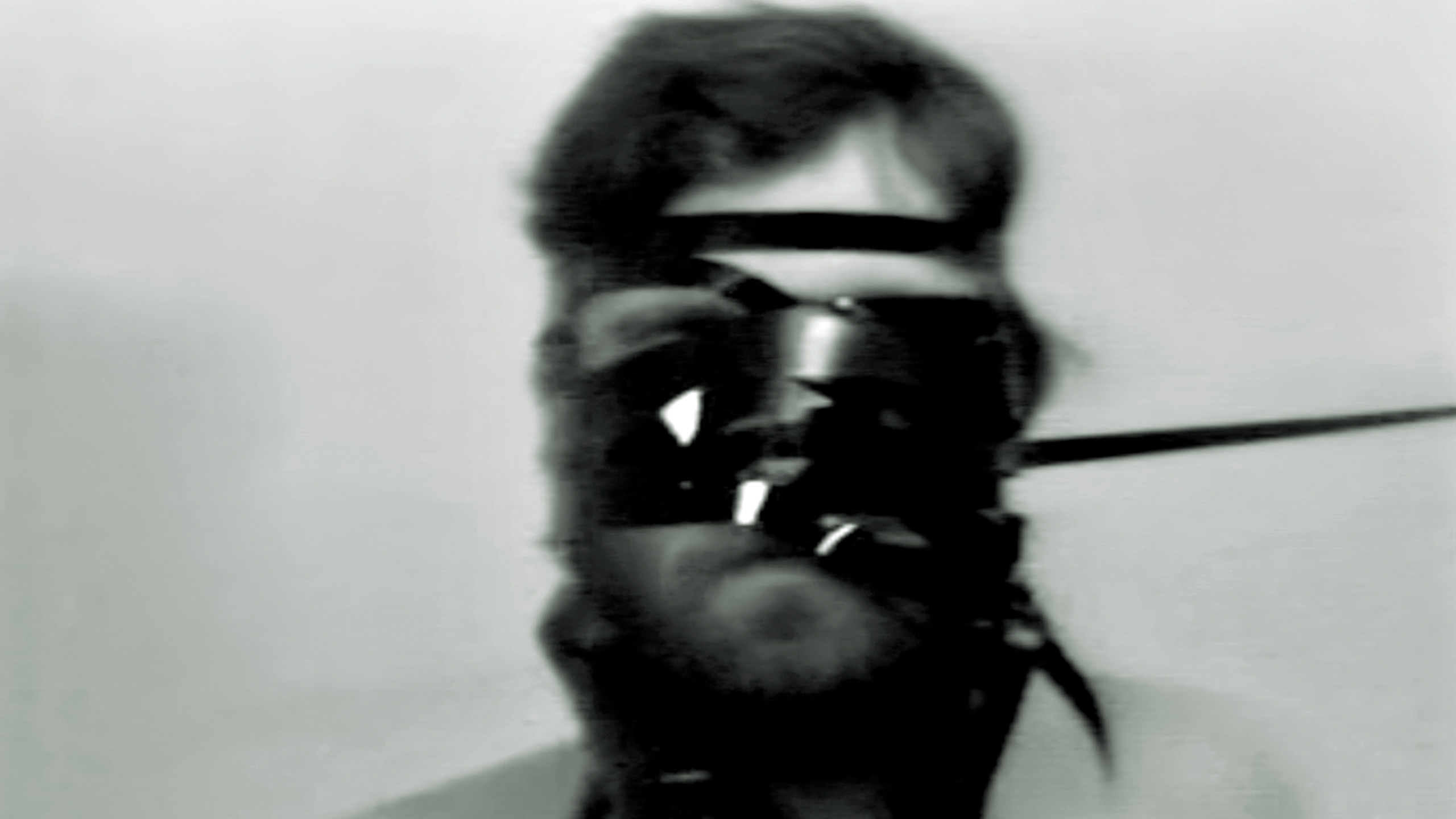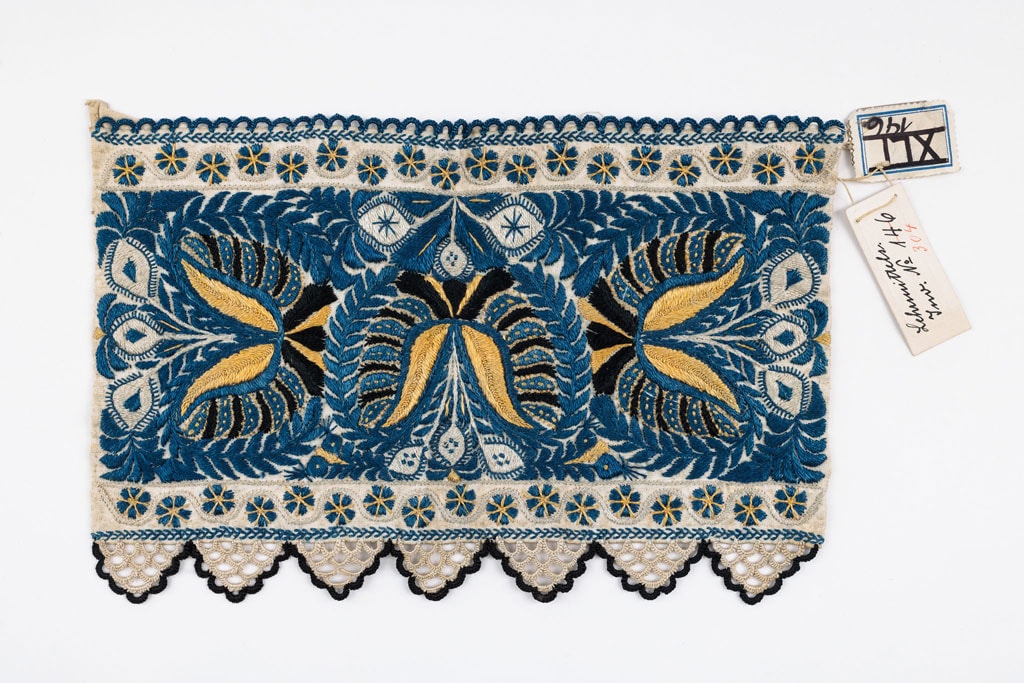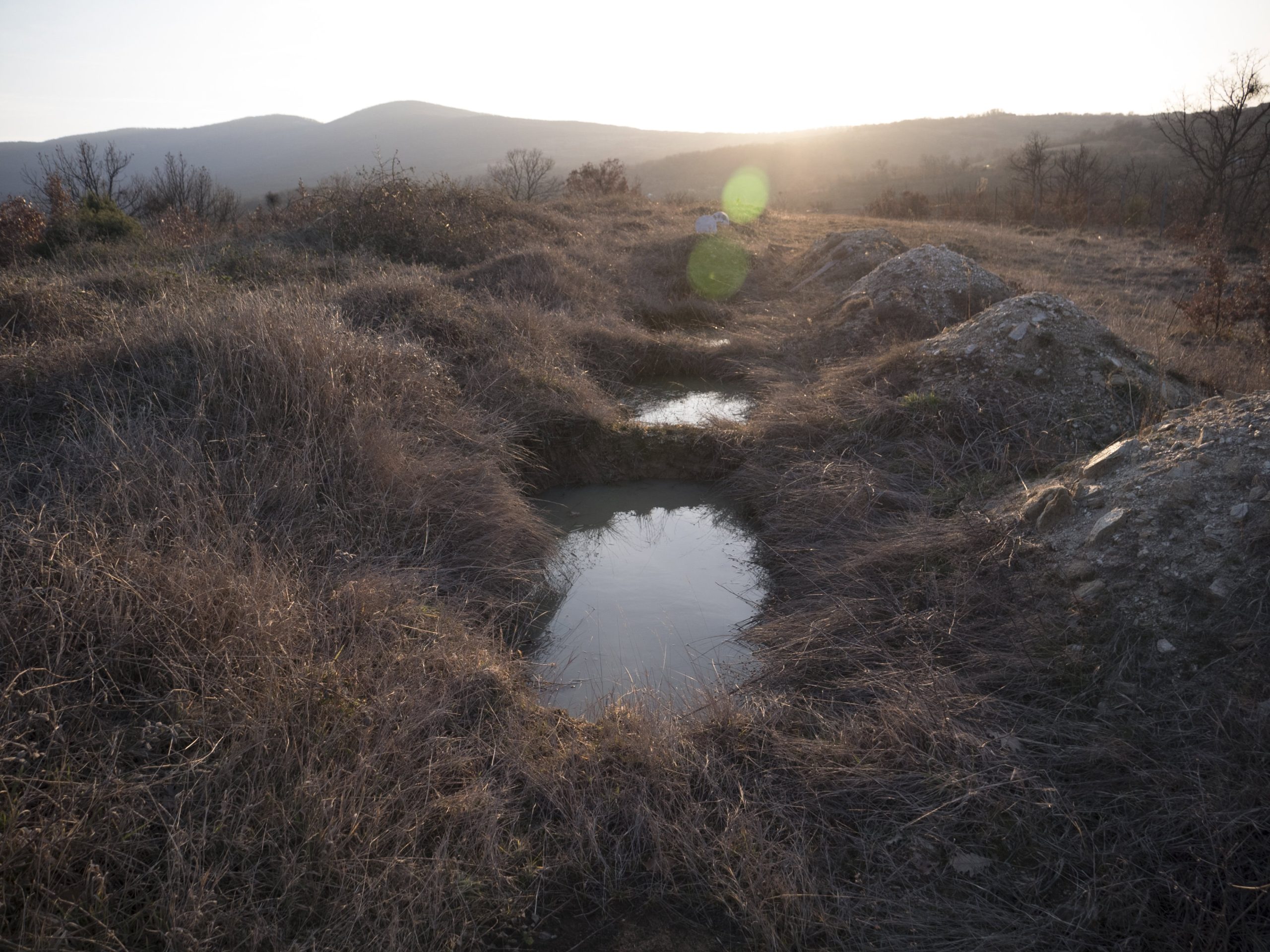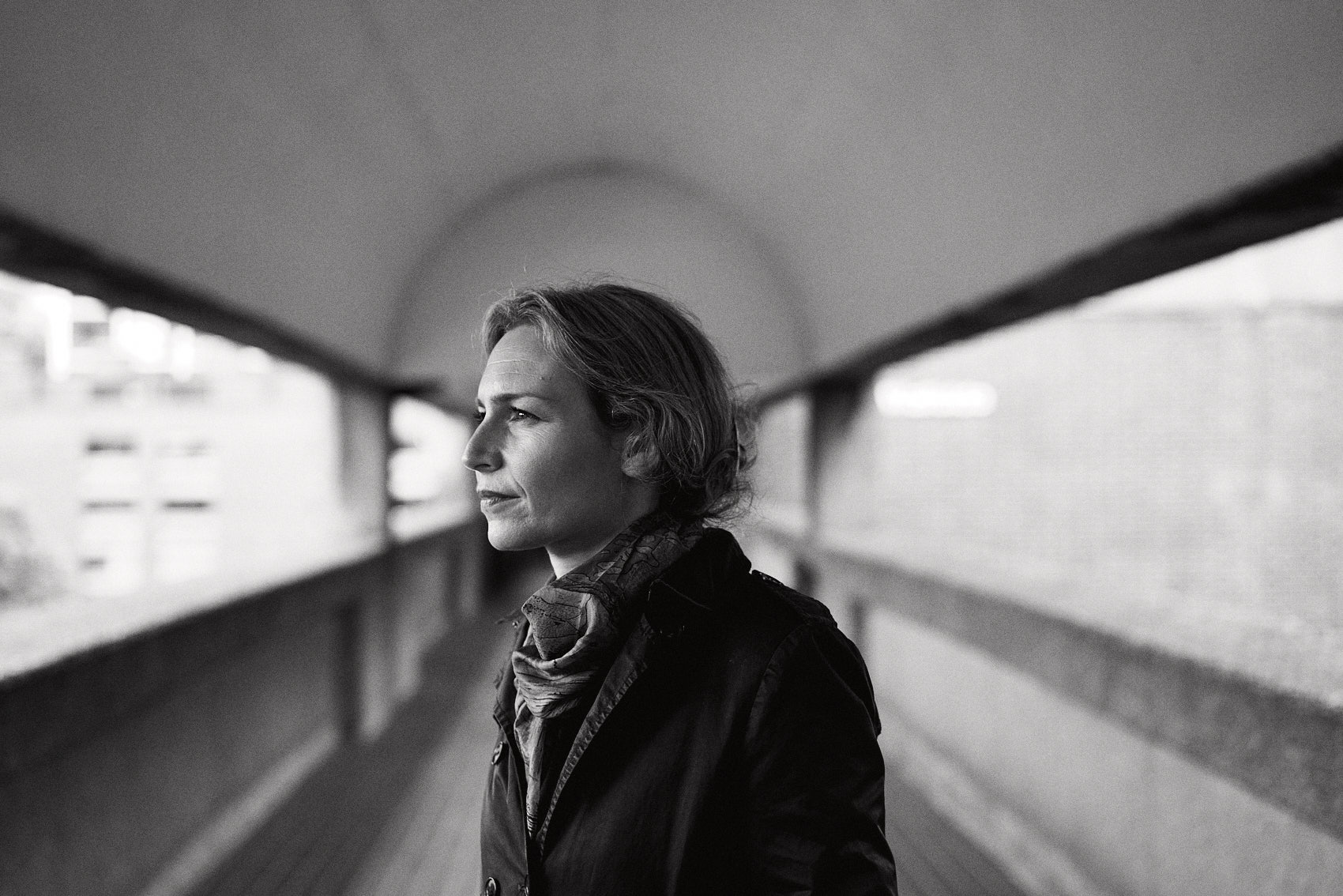Event
November 13, 2024 – December 1, 2024
Reading Time: 4'
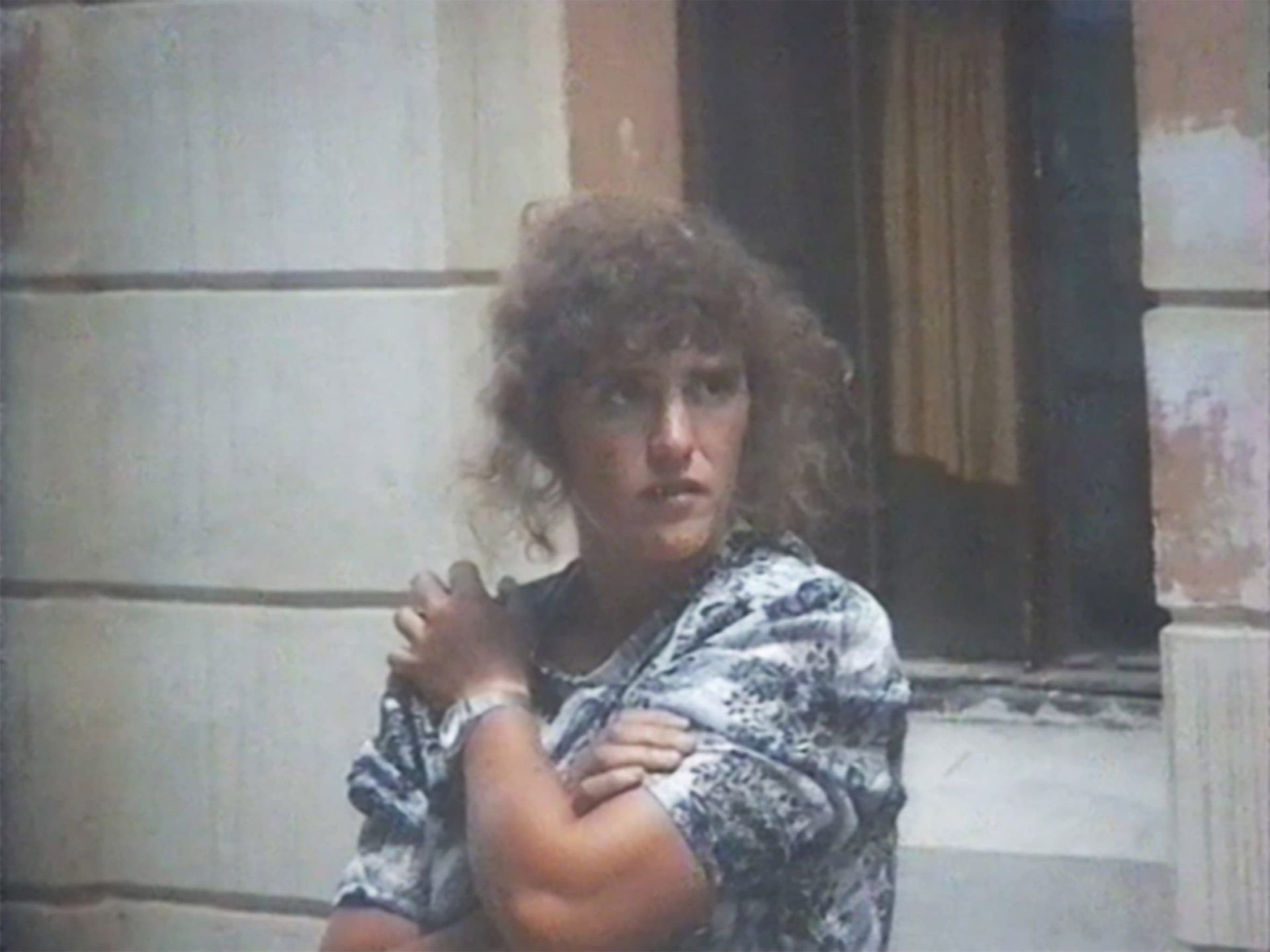
The Cynics Republic – A Score by Pierre Bal-Blanc
20 years of Kontakt
November 13, 2024 – December 1, 2024
Palais de Tokyo
On the occasion of its 20th anniversary, Kontakt Collection, founded in 2004, is entering into a collaboration with the Palais de Tokyo in Paris and the French national collection Le Centre national des arts plastiques (CNAP). The joint exhibition project The Cynics Republic places a special emphasis on those utopian moments and ideas that are inscribed in dematerialized art—including performances, happenings, mail art, experimental poetry, and sound works from the 1960s and 1970s—which constitute a significant part of the Kontakt Collection’s artworks.
The exhibition The Cynics Republic, curated by Pierre Bal-Blanc, offers a counter-narrative of the history of performance. It looks at the emergence of »performative practice« from Antiquity onwards and seeks to recover the relevance of the values of ancient cynicism—truth, self-sufficiency, endurance, sobriety and free sexuality—in the context of today’s social and ecological challenges. The Cynics Republic offers visitors the chance to experience an exhibition constructed as a score and that will be renewed on a daily basis over the course of three weeks thanks to the use of dematerialized resources (scores, protocols, films and sound pieces) from the national collections of the Centre national des arts plastiques (Cnap) and the Kontakt collection in Vienna.
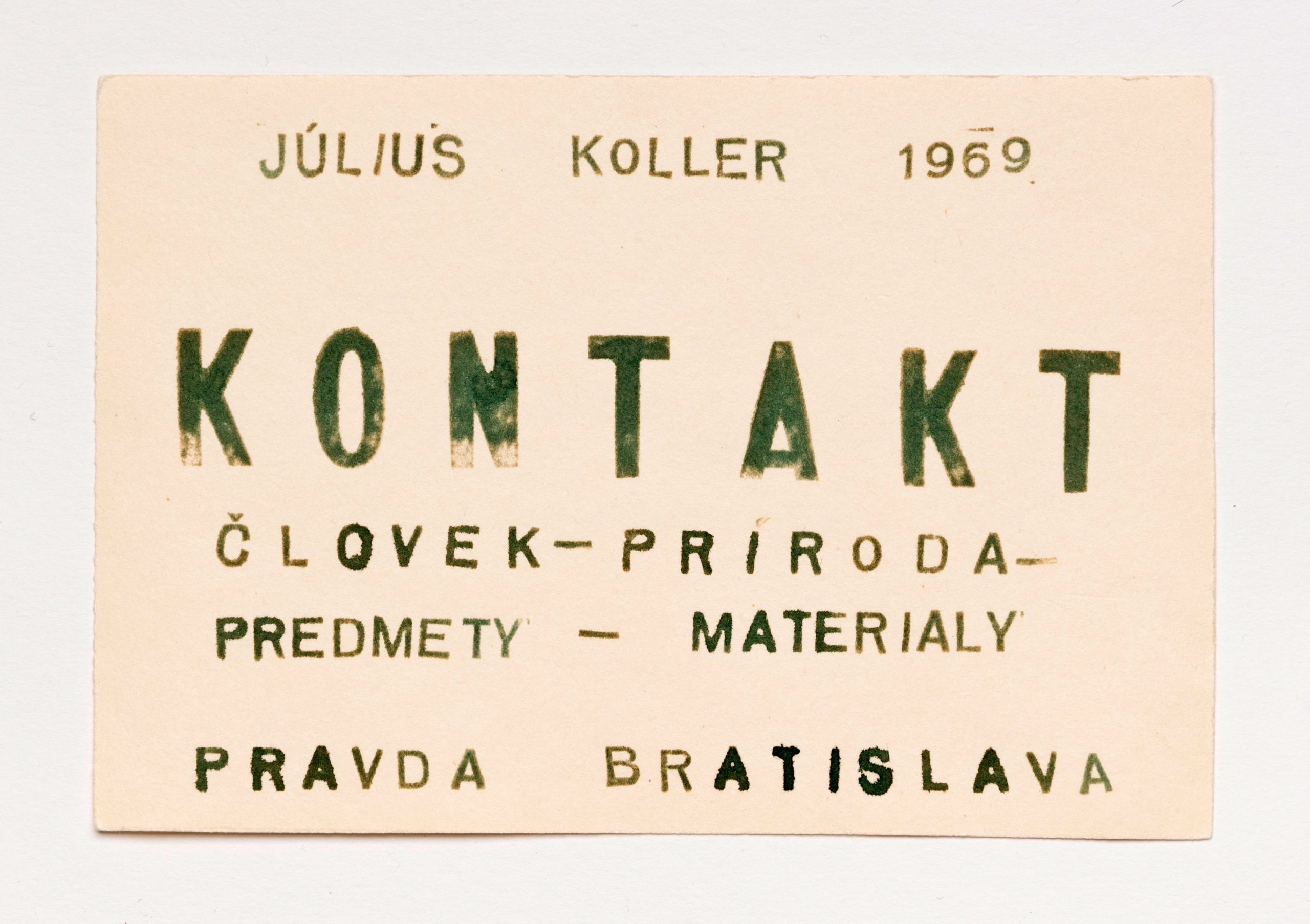
The Cynics Republic proposes to approach the resources of these collections from the perspective of a repertoire of immemorial gestures. Works will be activated on a daily basis by artists and performers, with the selection updated according to a weekly theme: dishonour (a critical alternative to competitiveness), shamelessness (an anticipation of a state of nature) and finally destitution (an ethic of animality).
With contributions from: Boris Achour, Milan Adamčiak, Pierre Bal-Blanc, Beatrice Balcou, Eva Barto, Sammy Baloji, Marie Cool Fabio Balducci, Bazile-Bustamante, Cezary Bodzianowski, Geta Brătescu, Stuart Brisley, Victor Burgin, Nina Canal, Attila Csernik, Josef Dabernig, Anna Daučíková, Brice Dellsperger, Goran Djordjević, Stano Filko (Daniel Grúň), Robert Filliou, Constantin Flondor, Petar Fradelić, Ivan Ladislav Galeta, Marcus Geiger, Delia Gonzalez – Wolfgang Gonzalez, Tomislav Gotovac, Ion Grigorescu, Friedl vom Gröller, Igor Grubić, Gržinić/Šmid, Nilbar Güreş, Trajal Harell, Tibor Hajas, Markus Heltschl, IKHÉA©SERVICES, Dean Inkster, Sanja Iveković, Anna Jermolaewa, Florence Jung, Lenio Kaklea, Július Koller, Katalin Ladik, Nadia Lichtig, Rick Lowe / Maria Papadimitriou, Paul Maheke, Svetlana Maraš, Teresa Margolles, Marianne Marić, Vlado Martek, Jean-Charles Massera, Dominique Mathieu, Mara Mattuschka, Dalibor Martinis, Dóra Maurer, Miodrag Miloševič, Efthimos Moschopoulos, OHO (Luka Savić – David Nez), Rosalind Nashashibi, Paul Neagu, Manuel Pelmuş, Friederike Pezold, Norbert Pfaffenbichler, Rainer Oldendorf, Roman Ondak, Adrian Paci, Mihovil Pansini, Pope.L, Karol Radziszewski, Jimmy Robert, Matthieu Saladin, Georgia Sagri, Shikeith, Cally Spooner, Mladen Stilinović, Sergei Tcherepnin mit Pamelia Stickney, Elisabeth Flunger, Philipp Quehenberger, Artjom Astrov and Michaela Kisling, Hans (Ashley) Scheirl, Hans Scheugl, Albert Serra, Mark Ther, La Tierce – Sonia Garcia, Séverine Lefèvre, Charles Pietri, Raša Todosijević, Slaven Tolj, Loreto Martínez Troncoso, Štěpán Tuček, les gens d’Uterpan, Jiří Valoch, Vătămanu/Tudor, VIER5, Marie Voignier, Jeff Wall Production, Clemens von Wedemeyer, Lois Weinberger, Franz West, Mariana Xenofontos, Želimir Žilnik, Artur Żmijewski.
Kontakt Video Klub
The Kontakt Video Klub has been inspired by the Croatian organization »Kinoklub«. It was founded in Zagreb in 1928 as one of the earliest amateur film clubs in the region. The 1950s saw it become an important venue for screenings and discussions—one that was frequented by renowned Croatian filmmakers like Mihovil Pansini as well as by the performance artist Tomislav Gotovac. As part of the exhibition The Cynics Republic at the Palais de Tokyo in Paris and on the occasion of Kontakt’s 20th anniversary, the Kontakt website is featuring its own »Video Klub« with a number of videos and films of the project that will alternate on a weekly basis during the exhibition’s three-week run.
Featured image: Anna Daučíková, Ordinary Voyeurism – A Woman, Central Station L’viv, 1996, Kontakt Sammlung
